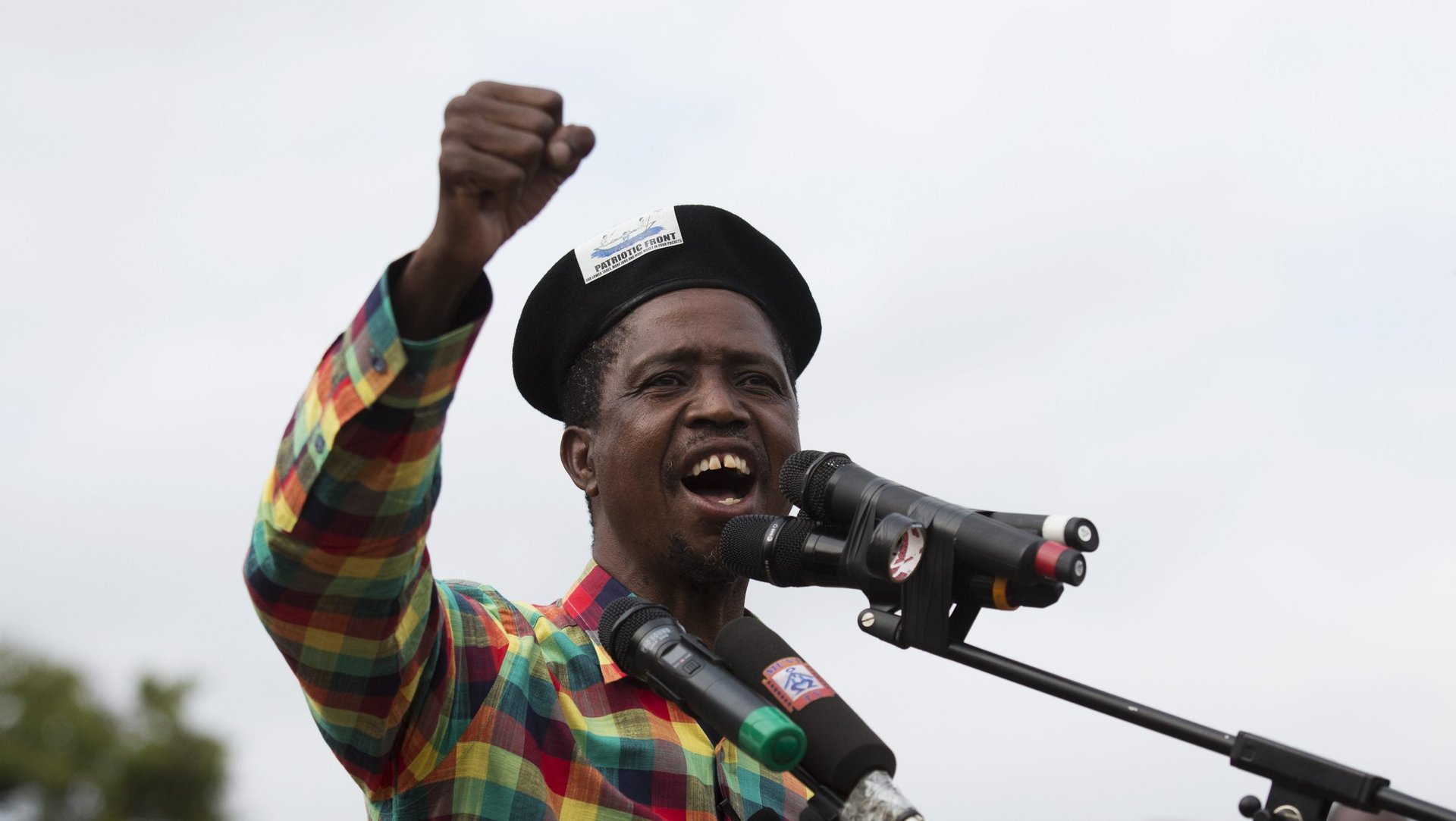One of Africa’s most stable democracies just declared a state of emergency
Zambia’s president has declared a state of public emergency following a spate of arson attacks that he said threatened “to make the country ungovernable.” The move is set to rile tensions and deepen the cracks in the country’s democracy, which has traditionally been considered one of the most stable in Africa until recently.


Zambia’s president has declared a state of public emergency following a spate of arson attacks that he said threatened “to make the country ungovernable.” The move is set to rile tensions and deepen the cracks in the country’s democracy, which has traditionally been considered one of the most stable in Africa until recently.
President Edgar Lungu said he will seek the approval of the parliament to officially impose the law and order to prevent chaos and economic sabotage. Several parts of Zambia have been targeted with fires recently, including the main market in the capital Lusaka, on Tuesday (July 4). Police also said that some people were planning to vandalize vital installations including bridges and power stations after the blaze, according to Reuters.
“There is no doubt in my mind that the intention of these perpetrators is to make the country ungovernable and as president of this country it is my responsibility to respond to forestall chaos,” Lungu said. Under Article 31 of the constitution, the president may invoke emergency measures, which could cease having effect after a period of seven days unless the national parliament approves it.
Lungu’s decision comes at a critical time for the southern Africa nation, which is Africa’s second-biggest copper producer. Zambia’s economy has suffered from chronic power shortages, high debt levels, weak copper prices, and falling currency rates. Political tensions have also been rising since the arrest on treason charges of opposition leader Hakainde Hichilema, who lost to Lungu in a closely contested election last year.
Observers have also noted that Zambia was slowly drifting into authoritarian rule, with activists and human rights organization coming out to criticize the government’s attack on the civil society and media outlets.
In April, the Conference of Catholic Bishops, one of the most influential bodies in the country, publicly criticized the government for intimidating political leaders. “Our country is now all, except in designation, a dictatorship and if it is not yet, then we are not far from it.”